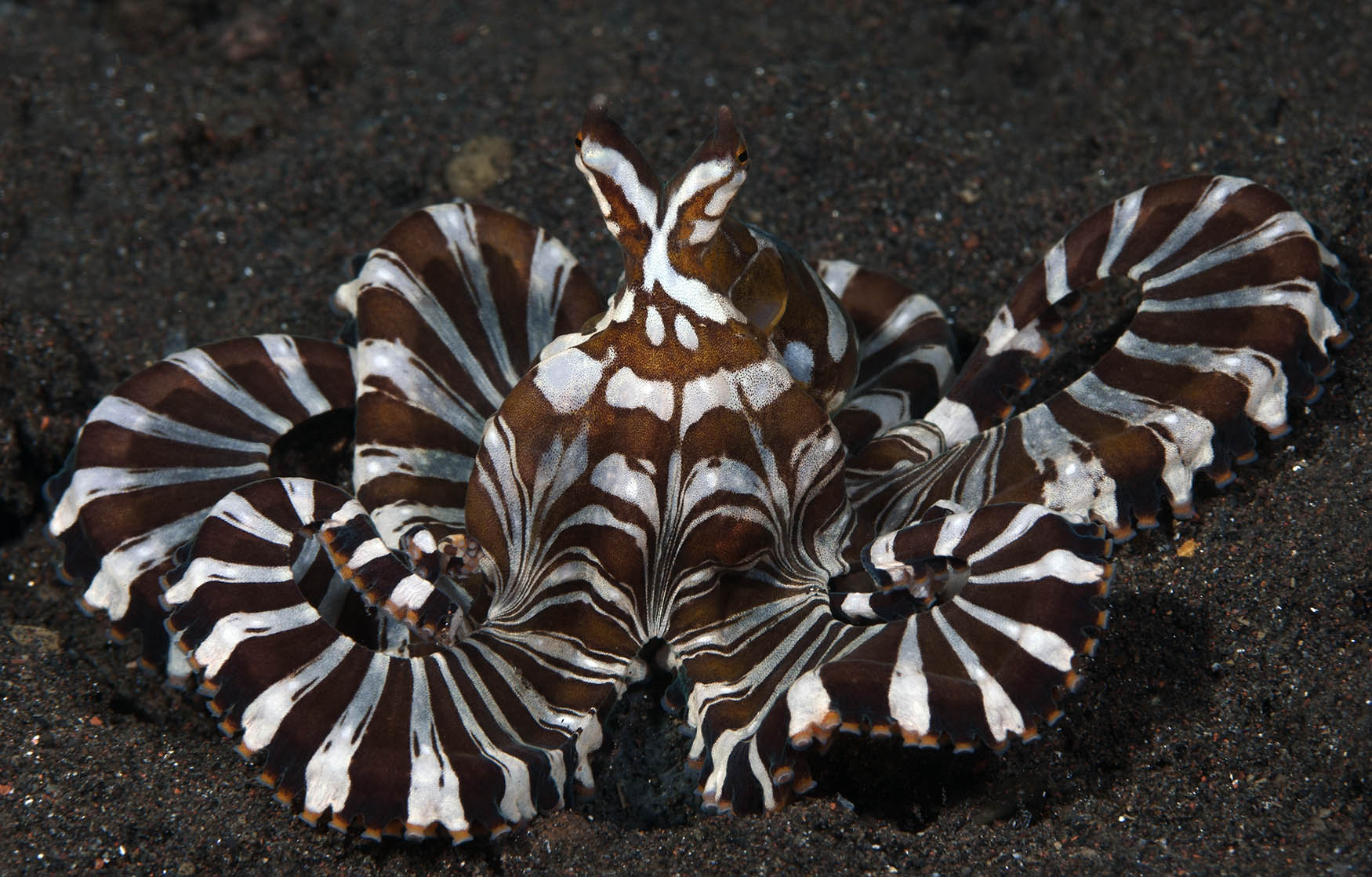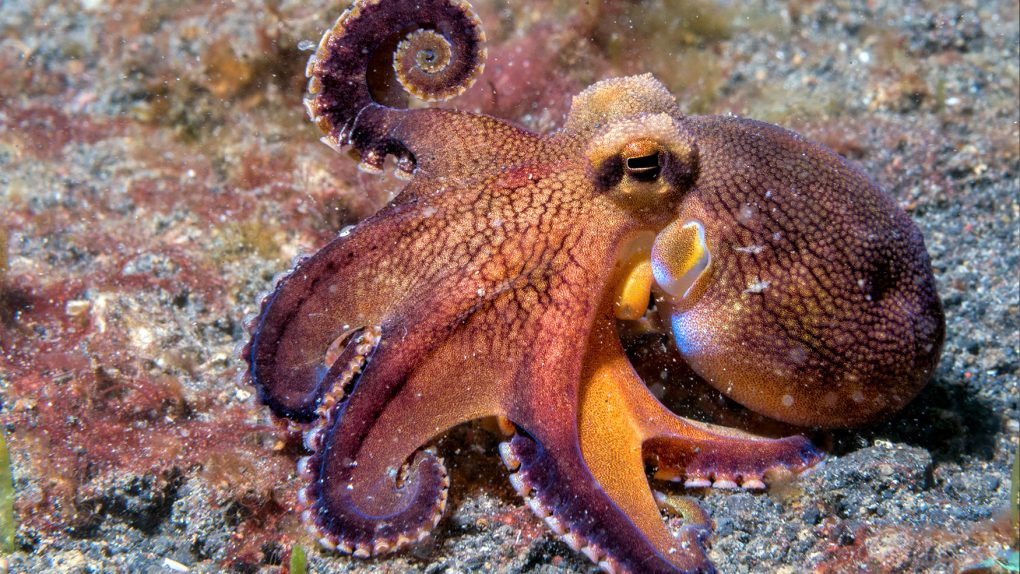Scientists believe they have discovered some key information about the octopus’ brain. We’ve known for centuries that octopuses are smarter than your everyday invertebrates. However, we never really understood why. Now, researchers have published a new study that not only provides some enlightening answers, but also left the scientists reeling from their discovery.
Octopus brains share a common similarity with human brains

The human genome contains a high number of genes we call transposons or jumping genes. These genes can duplicate themselves, and even move around the human genome. Not every gene is active, but most scientists view them as raw bits left over from the evolutionary process. Now, though, scientists have discovered similar jumping genes in a similar part of the octopus’ brain.
“I literally jumped on the chair when, under the microscope, I saw a very strong signal of activity of this element in the vertical lobe,” biologist Giovanna Ponte shared in a release. Ponte says that the vertical lobe is the structure of the brain that acts as the seat of learning and cognitive abilities in octopuses. Additionally, it’s very similar to the hippocampus that we see in the human brain.
Ponte, who works with the Stazione Zoologica Anton Dohrn research institute in Italy, says that the genes could be the reason octopuses are so intelligent. Finding these jumping genes in an octopus’ brain could help us better understand their intelligence. Additionally, the researchers believe we could be looking at an example of convergent evolution.
What is convergent evolution?

Convergent evolution is where traits develop in two independent species and provide the same adaptation. In this case, the transposons provide superior cognitive abilities in the octopus’ brain, as well as in the human brain. However, both of these species are unrelated. In fact, some even believe octopuses could be aliens—another possible explanation for their intelligence depending on who you ask.
Scientists are continuing to research octopus. As a result, they’re still finding neurological responses and even evolutionary tricks in the octopus’ brain that make it stand out from other invertebrates. Based on these findings, the octopus’ brain is structured more akin to that of a mammal than an invertebrate. Which helps make these creatures even more intriguing for scientists.
The researchers published a paper with their findings in BMC Biology back in May of 2022. Not only was finding the jumping genes intriguing, but the researchers say it could change our understanding of the genes entirely. Previously, most only thought of them as copy-and-paste genes. Able to cut and paste molecular copies wherever needed.
Now that we’ve discovered them in the octopus’ brain, though, we may find evidence that the gene’s usage moves beyond simply copying molecular data and moving it around. What that evidence is, or even what the gene’s other purpose is, though, remains unclear.








